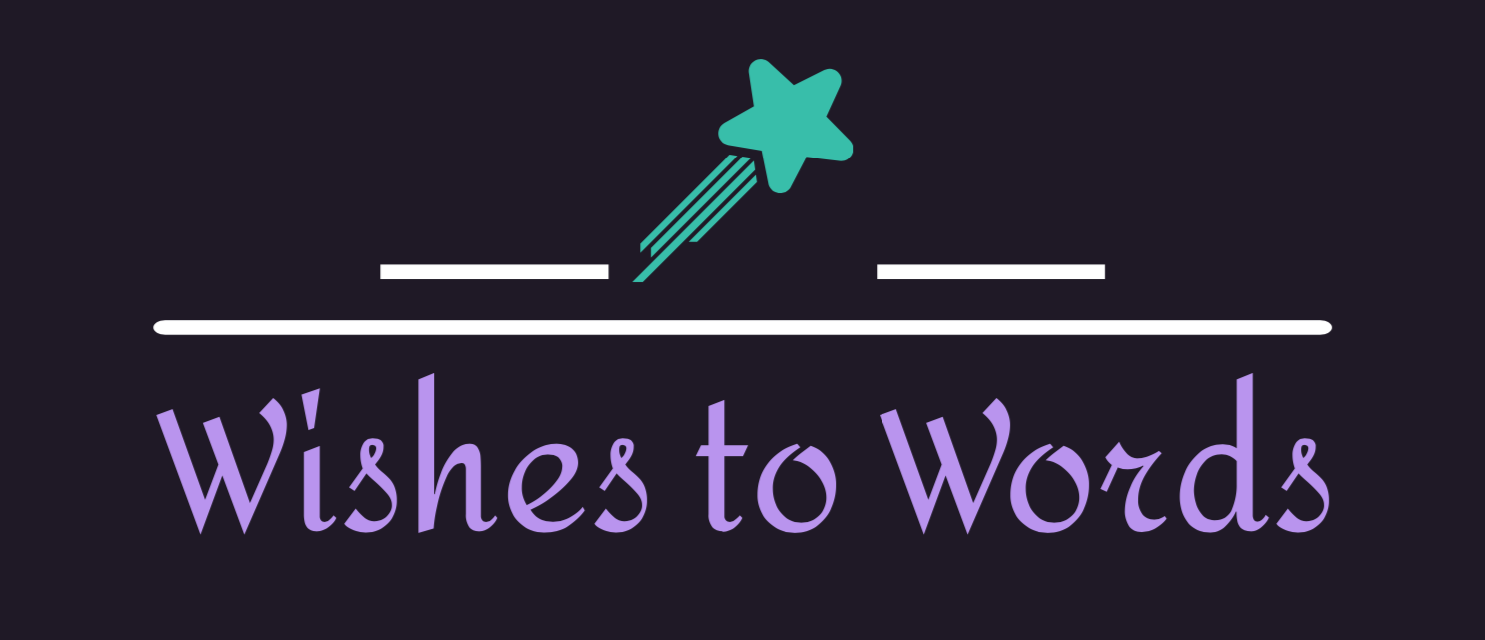Questioning Myself
I really needed to question myself the other day. I’ve been in a writing slump, struggling to figure out what was putting me off writing. Was it work? Perhaps it was burnout? Was it a lack of inspiration?
I’ve been here many times before, and sometimes just riding out the waves of writer’s block was the only solution. Sure, it took me longer to get back in the groove, but I figured that was the only way.
But a journalling session never hurt, so that’s what I did. And a question seemed to filter its way through my thoughts:
Who am I really writing for?
Chasing External Validation
I’ve been an athlete for much of my life, in a variety of sports, and I tell you, I’ve always chased the cheers, the roar of the crowd, the feeling of adrenaline pumping through my veins. Nothing compares to the sensation of victory, of defeating your opponent.
I also loved proving people wrong. In this determined, fiery kind of way, I won’t deny I get a kick out of it. Of showing up when others thought you never had a chance in the first place.
I also want to make my parents proud. Even at twenty-four years old, something always has me wanting to prove to them I’m worthy. Don’t worry, that’s a thing I’ve spoken to my therapist about frequently.
Seeking the Internal Commitment
But the point is… I had a deep, long thought about what I chase after, about why I write.
There’s nothing wrong in chasing cheers, in proving people wrong, or in making your parents proud, but these are external forms of validation that I’m seeking. We need external factors in our lives; that’s what connects us to the world. But those are but moments in time, because eventually they fade, the crowd disperses, and the world moves on, and what are you left with?
The internal motivation.
I don’t always like using the word motivation, because our pursuits are a commitment, not something to be determined by motivation. So let’s try the word commitment instead.
The internal commitment
Is it a what? Is it a why? Could be?
For me, it’s a who.
Writing for Your Younger Self
Because who started this endeavour after all? None other than my younger self, fourteen-year-old me, who believed in the stories in her head. Who cherished the characters she created, who believed in the universes at her fingertips, who worked long and hard at improving her craft.
Often I criticize my work while forgetting how much time and effort the younger me took to study writing, the books she read, the videos she watched, the sessions and sessions of practice. How could I put down all her hard work so easily?
Because when no one believed that writing could be a career, she did. When no one considered me capable of finishing a book, she did. When not a soul gave me a chance, she did. Time and time again, through failure after failure, she persevered.
We often chop up children’s dreams to naivety, and sure we have to be realistic in the harsh world that we live in. But if we only defined ourselves by what the world considered ‘realistic’, there would be no dreams at all.
Choosing to Write for Her
So if in fact there was no one else in the world that would care for my writing, if not a single soul ever read my books, if I didn’t write for the cheers, or to prove people wrong, or make my parents proud, then at least I should write for her, and make her dreams come true.
Then you may ask, why satisfy a child’s dream when nothing may become of it for you? Or for the world?
Is it not selfish?
That’s what I used to think. That I’m selfish for chasing my own desires rather than contributing to society. Yes, of course, we have obligations, to our family, to our community; I’m not saying we should throw all that away.
However, I realize a part of being a good person is also being a good person to yourself. We grow up so fast, learning discipline, choosing needs over wants, chasing productivity to the highest degree. Why can we not offer a small but fair space for the child within us?
Honoring Your Inner Child
My child self wanted to write books; she wanted to bring her stories to life. So now when I write, I try to think of her, offering her a seat beside me. I focus on bringing her joy with the promise that I’m working on her dreams, cherishing them, developing them. That her years of dedication didn’t go to waste.
I can think about what my audience might want in the next draft, but for at least the first, I think about what she would want. She is my audience; she is my cheers; she is the one I shall prove right; she is the one I will make proud.
Your Challenge This Week
And so now, I challenge you this week to write solely for your younger self; that is your audience. Even if you didn’t get into writing at a young age. Think of that inner child’s desires, dreams, what brings them joy, and write.




